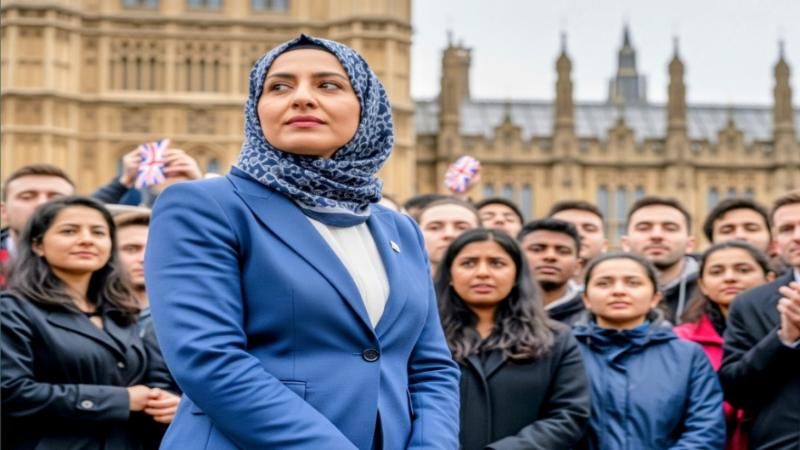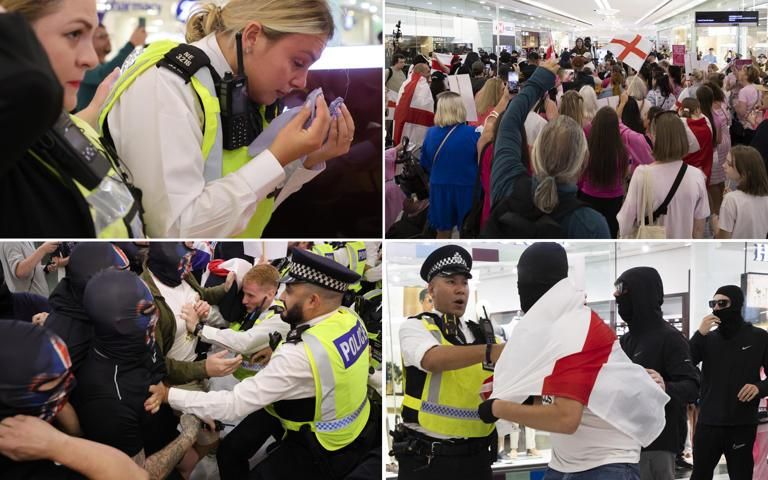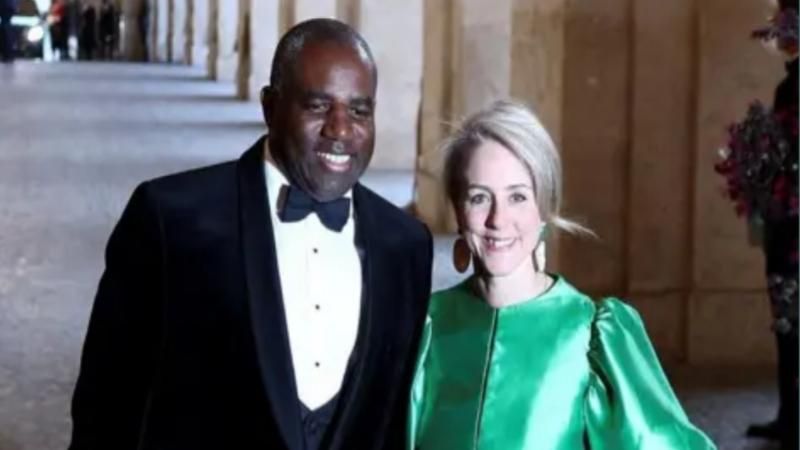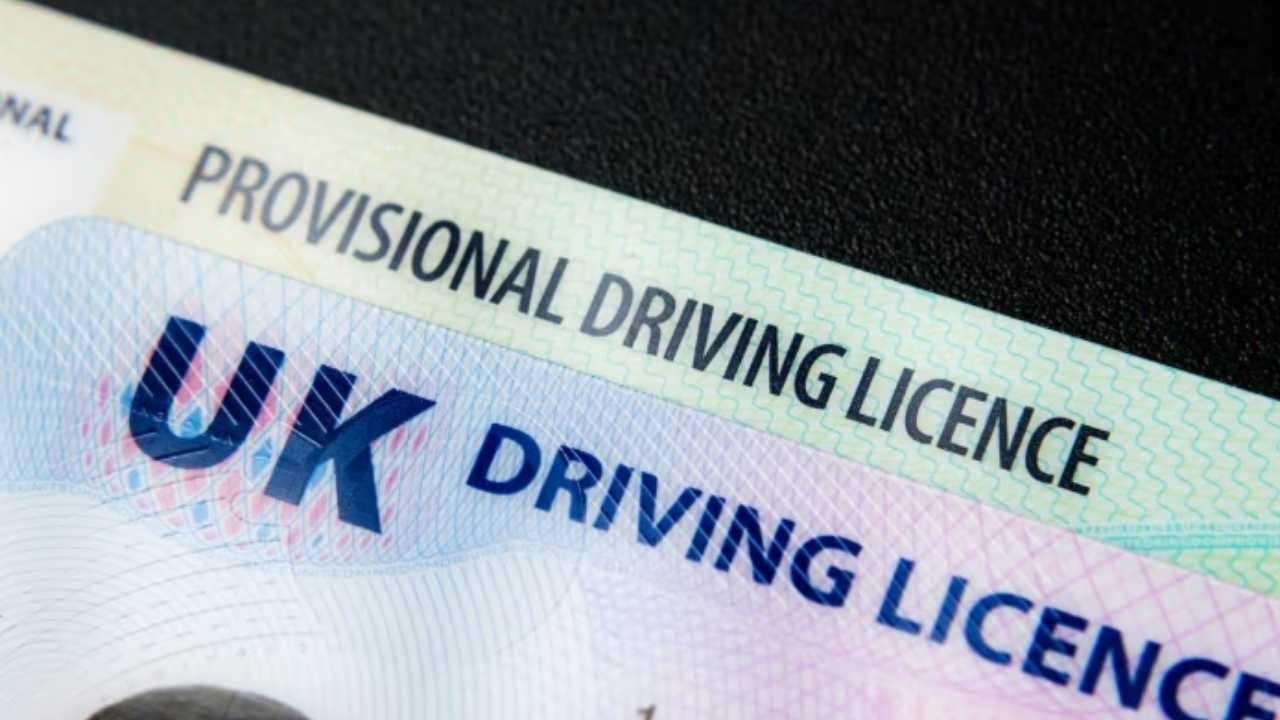The UK Parliament's recent debates on Bangladesh have brought to light the UK government's position on the political turmoil, human rights abuses, and corruption allegations gripping the country. The discussions have not led to a specific resolution or concrete action plan, but they do indicate a clear stance of monitoring and engagement, Daily Dazzling Dawn realized.
Parliamentary Outcomes and UK's Position
In the debates, several key points emerged:
Human Rights Concerns: MPs from various parties have expressed deep concern over the humanitarian situation. In December 2024, Labour MP Barry Gardiner and former Home Secretary Priti Patel highlighted a surge in violence targeting the minority Hindu community. The UK government, represented by Minister for the Indo-Pacific Catherine West, stated it is actively monitoring the situation and engaging with Bangladesh's interim government, led by Chief Adviser Muhammad Yunus, to ensure the protection of minorities.
Democratic Norms and Political Opposition: A parliamentary event in July 2025, co-hosted by MP Bob Blackman, focused on a "deepening constitutional crisis." Speakers criticized the interim government's use of anti-terrorism laws to target political opponents, including the controversial banning of the Awami League party in May 2025. The event also noted a communication submitted to the International Criminal Court (ICC) regarding allegations of arbitrary arrests and extra-judicial killings.
Corruption Allegations and a UK MP: The corruption probe in Bangladesh involving UK Labour MP Tulip Siddiq has been a separate but significant issue. Siddiq, who is the niece of ousted former Prime Minister Sheikh Hasina, resigned from her Treasury position in January 2025. She has been named in an anti-corruption investigation in Dhaka, which alleges financial irregularities. An arrest warrant was issued for her in Bangladesh, and a trial began in absentia in August 2025. Siddiq has consistently denied all allegations, calling the process "politically motivated."
What Could Happen Next-While the UK Parliament's debates and events have not resulted in immediate, decisive policy changes, they do suggest several potential future developments:
Continued UK Scrutiny: The UK government will likely continue to monitor the situation closely, using both its diplomatic channels and public statements to press for human rights protections and democratic reforms. This includes engaging with the interim government on topics like freedom of religion and belief, particularly for the Hindu community.
International Pressure: The discussions indicate that the UK is not acting in isolation. The mention of a communication to the ICC and UN Special Rapporteurs suggests a coordinated effort to apply international pressure on the interim government. This could lead to a broader, multilateral response.
Focus on Elections: The interim government has dissolved the parliament and stated that new elections will take place after reforms are implemented. The UK and other international bodies will be watching closely to ensure these elections are free, fair, and credible. Concerns have been raised that an election held without the formal resignation of the former prime minister could lack legitimacy.
Economic Impact: Bangladesh is facing significant economic challenges, including high inflation. The interim government has sought additional funding from the International Monetary Fund (IMF). The UK, which provides development program funding, may tie future aid to governance reforms and anti-corruption measures.
The UK Parliament's discussions highlight the UK's commitment to monitoring the situation and engaging diplomatically, signaling that while direct intervention is unlikely, continued pressure and scrutiny will remain.
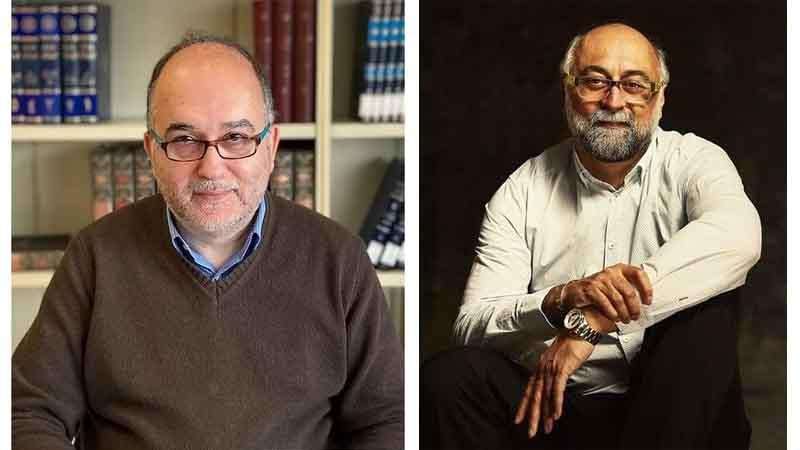

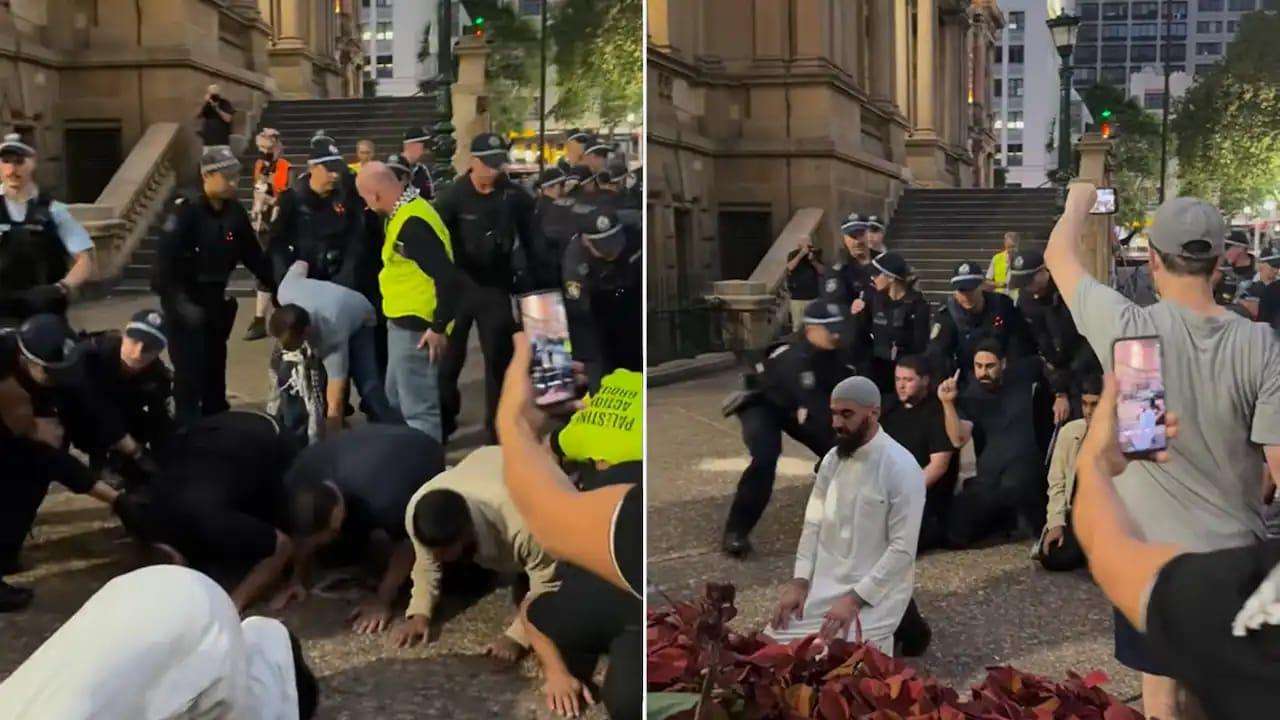
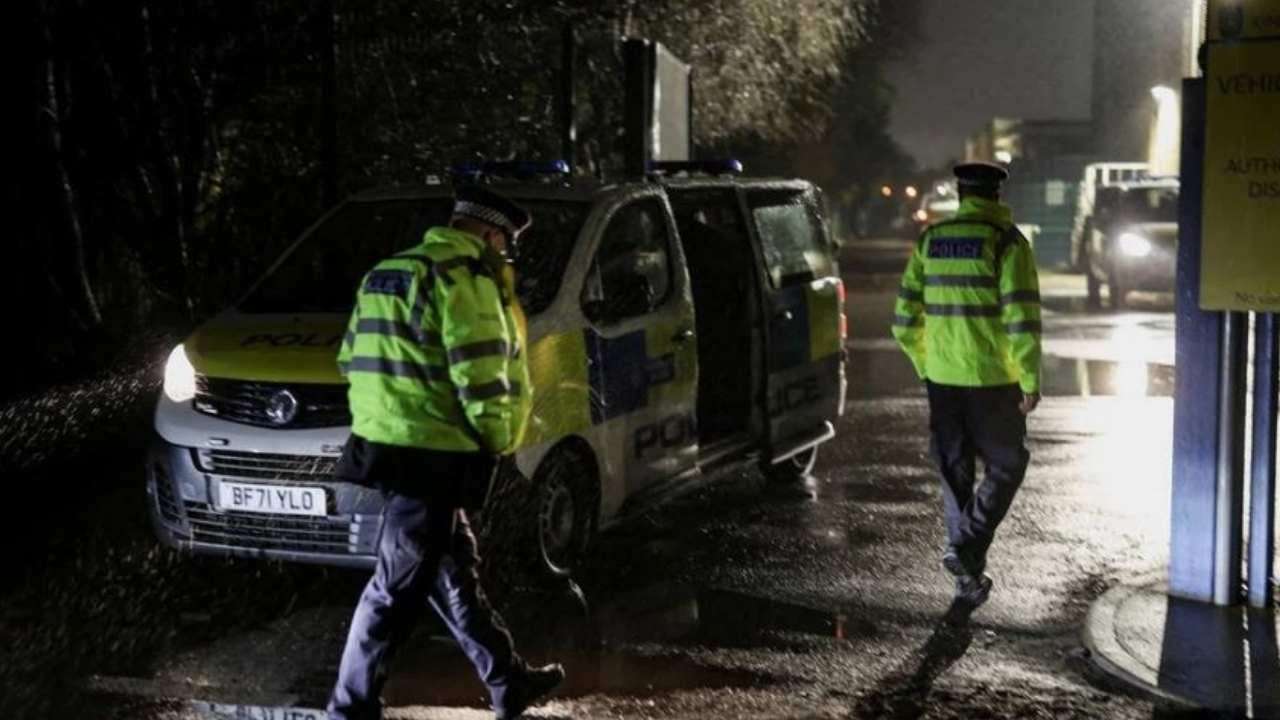



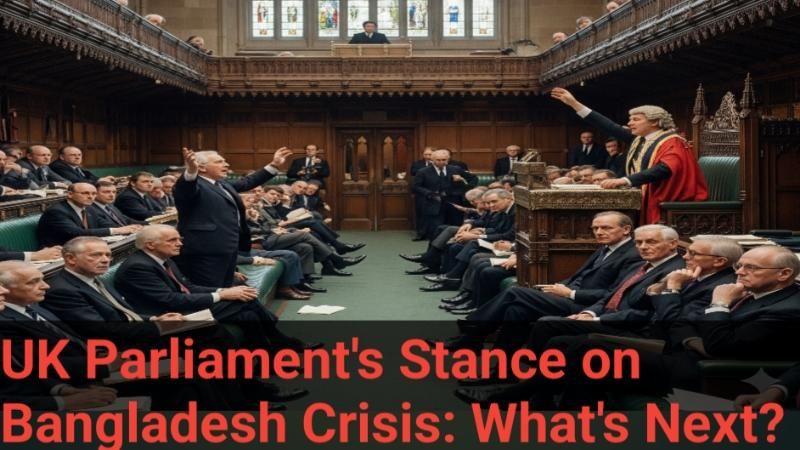
.svg)

